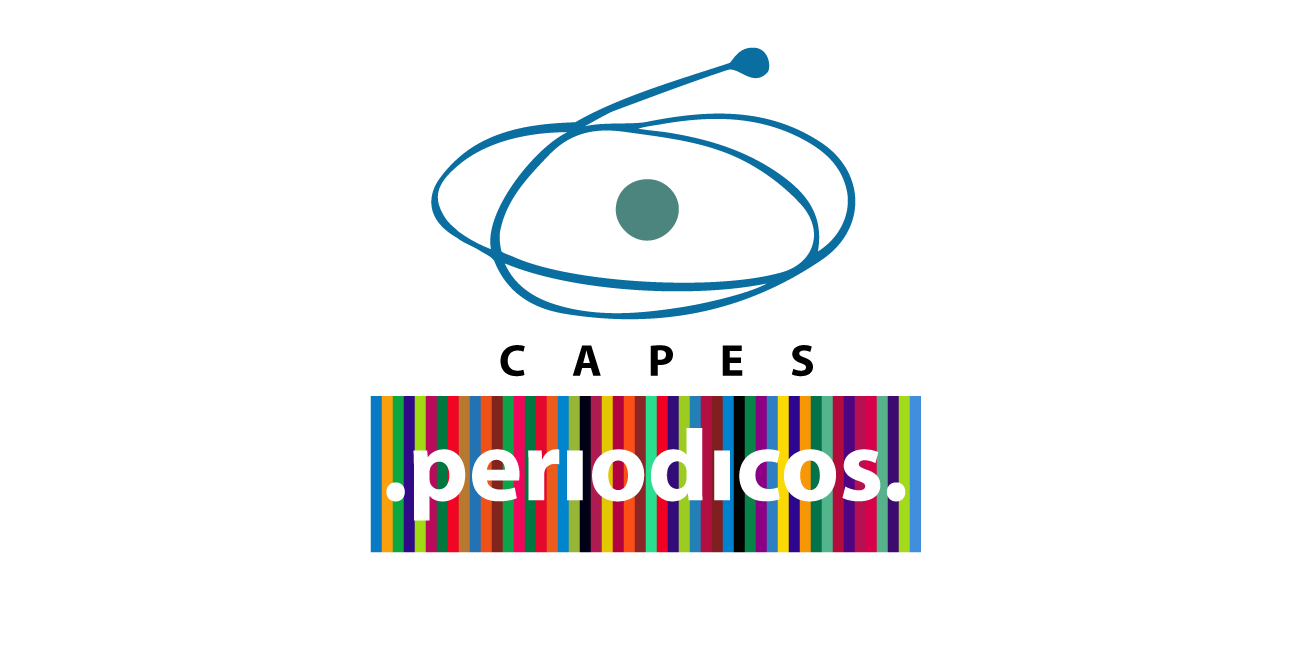RE-INTERPRETATION OF PRIVACY WITHIN THE CONTEXT OF NEW TECHNOLOGIES: INCREASED REALITY, FACIAL RECOGNITION AND INTERNET
DOI:
https://doi.org/10.17765/2176-9184.2016v16n2p427-453Keywords:
Information society, Privacy, New Technologies, Protection of the Citizen-ConsumerAbstract
Current paper provides a new interpretation of privacy without limiting its positive juridical concept, taking into consideration the socio-cultural context in which it develops and its dynamics in the wake of new technologies. The protection of the citizen-consumer in the society of information is analyzed, coupled to the manner the new technologies have changed inter-personal relationships and interactivity with the environment. A re-interpretation of privacy is given from the socio-cultural context in which the person, as citizen and consumer, is inserted. Through a bibliographical review and the deductive method provided, the paper interprets some of the new technologies available in modern society, with examples of technological revolutions capable of changing the manner in which privacy is interpreted. Increased reality, facial recognition and the details of movable disposition and Internet are the technologies discussed. A static concept of privacy is not sufficient for its efficaciousness. A dynamic interpretation, contextualized and based on principles, is required that would guarantee the right to privacy in the public and private relationships of the citizen-consumer immersed in greatly accessible and transparent technologies.Downloads
Published
2016-08-31
How to Cite
Misugi, G., Freitas, C. O. de A., & Efing, A. C. (2016). RE-INTERPRETATION OF PRIVACY WITHIN THE CONTEXT OF NEW TECHNOLOGIES: INCREASED REALITY, FACIAL RECOGNITION AND INTERNET. Revista Jurídica Cesumar: Mestrado (Online), 16(2), 427–453. https://doi.org/10.17765/2176-9184.2016v16n2p427-453
Issue
Section
Doutrinas
License
A Revista se reserva o direito de efetuar, nos originais, alterações de ordem normativa, ortográfica e gramatical, com o intuito de manter o padrão culto da língua, respeitando, porém, o estilo dos autores. As opiniões emitidas pelos autores são de sua exclusiva responsabilidade.
Os direitos autorais pertencem exclusivamente aos autores. Os direitos de licenciamento utilizado pelo periódico é a licença Commons Atribuição 4.0 Internacional. São permitidos o compartilhamento (cópia e distribuição do material em qualquer meio ou formato) e adaptação (remixar, transformar, e criar a partir do trabalho, mesmo para fins comerciais), desde que lhe atribuam o devido crédito pela criação original.
















